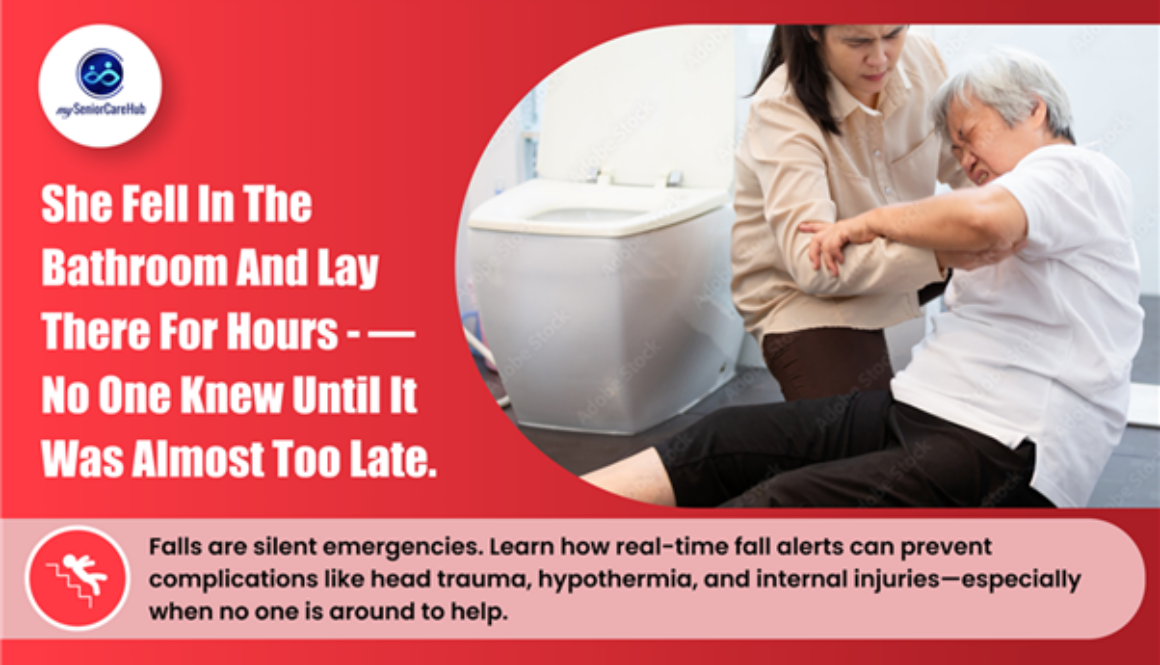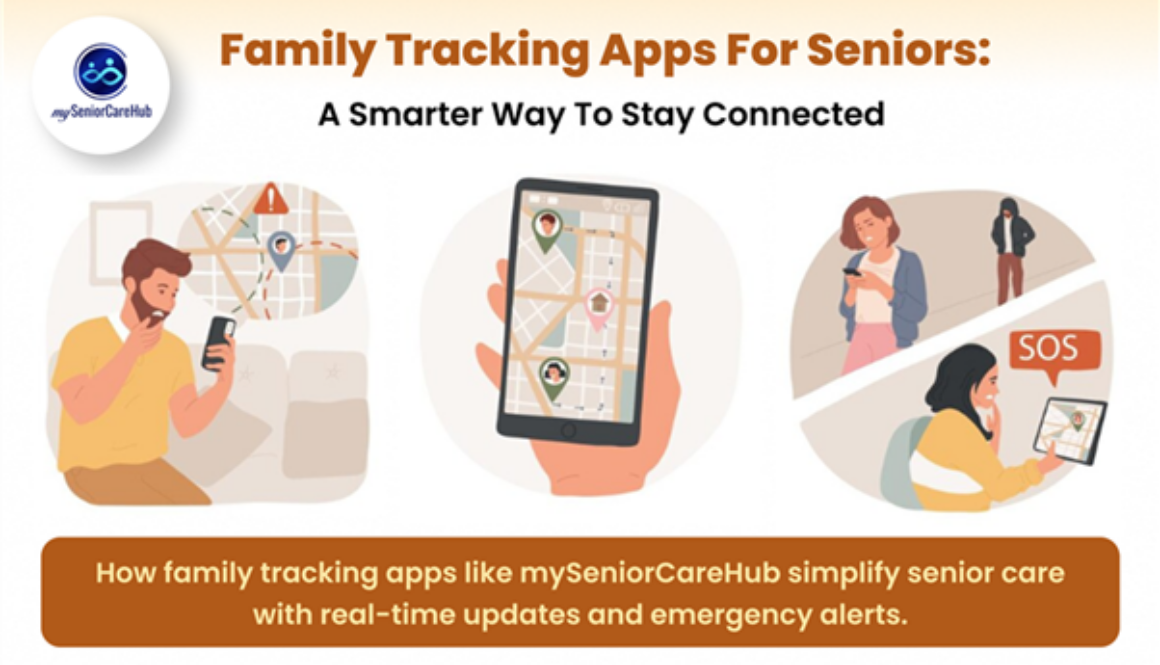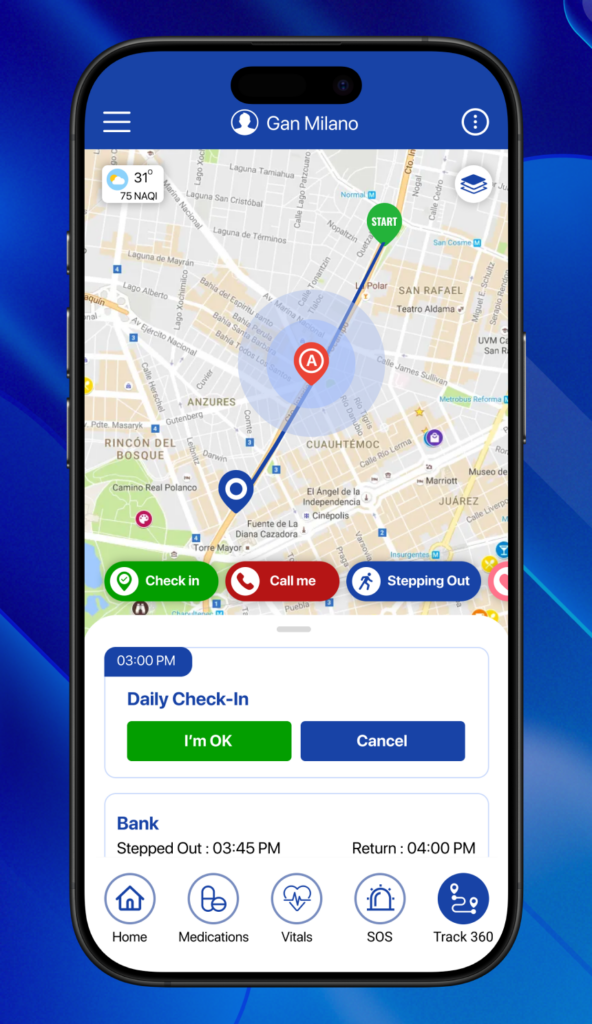Which Family Locator App Works Best for Dementia or Alzheimer’s Care?
Caring for someone with dementia or Alzheimer’s is more than just memory support. These conditions often affect orientation, decision-making, and even the ability to recognize familiar surroundings. One of the most pressing concerns for families is wandering a common and dangerous behavior associated with cognitive decline.
Did you know? 60% of people with dementia will wander at least once, and many do so repeatedly. These aren’t casual walks—they can lead to accidents, confusion, dehydration, or getting lost in unfamiliar or even busy areas.
That’s why choosing the right family locator app for dementia care is essential not optional.
The Best Family Locator App for Alzheimer’s and Dementia Patients
✅ mySeniorCareHub Location Tracking App
mySeniorCareHub is built specifically for elderly safety, dementia care, and peace of mind for caregivers. With senior-friendly features and a caregiver dashboard, it’s one of the most reliable apps for tracking, protecting, and staying connected with loved ones who are living with memory disorders.

Key Features – Best Family Locator App for Alzheimer’s and Dementia Patients | Support Dementia & Alzheimer’s Care
📍 Real-Time GPS Tracking
See exactly where your loved one is—anytime, anywhere. Perfect for quick reassurance or emergency response.
🚧 Smart Geo-Fencing
Create safe zones such as home, nearby parks, or a neighbor’s house.
Get instant alerts if your parent wanders outside these areas—so you can act fast.
💡 Tip: Set up multiple zones that reflect your parent’s daily routine to avoid false alarms and reduce stress.
🆘 SOS Emergency
If your loved one gets confused or lost, a single tap sends an emergency alert with their live location to you and other caregivers.
🧍♂️ Fall Detection with GPS
Falls are dangerous, especially when they occur during a wandering episode.
mySeniorCareHub detects sudden falls and shares the precise location for faster intervention.
📊 Caregiver Dashboard for Family Monitoring
Whether you’re in the same house or abroad, you can monitor their location, vitals, and medication reminders all in one dashboard.
Explore: Health Data Sharing Feature
Designed for Dignity and Safety – Best Family Locator App for Alzheimer’s and Dementia Patients
Wandering doesn’t mean they’ve lost control it means they need support.
And support should never feel like surveillance. mySeniorCareHub respects the autonomy of seniors while empowering caregivers with vital information and alerts.
Its clean design, voice-enabled features, and simple interface make it suitable even for seniors unfamiliar with technology.
More Than Just a Locator. It’s a Complete Care Solution
In addition to GPS location tracking, the app includes:
This makes it a comprehensive senior care solution, not just a location tracker.
Final Thoughts
If you’re asking:
“Which app alerts me when my parent with dementia wanders?”
or
“What is the best family locator app for Alzheimer’s patients?”
The answer is clear:
✅ mySeniorCareHub because it offers real-time location, geofencing, emergency response, and routine support in one place.





























